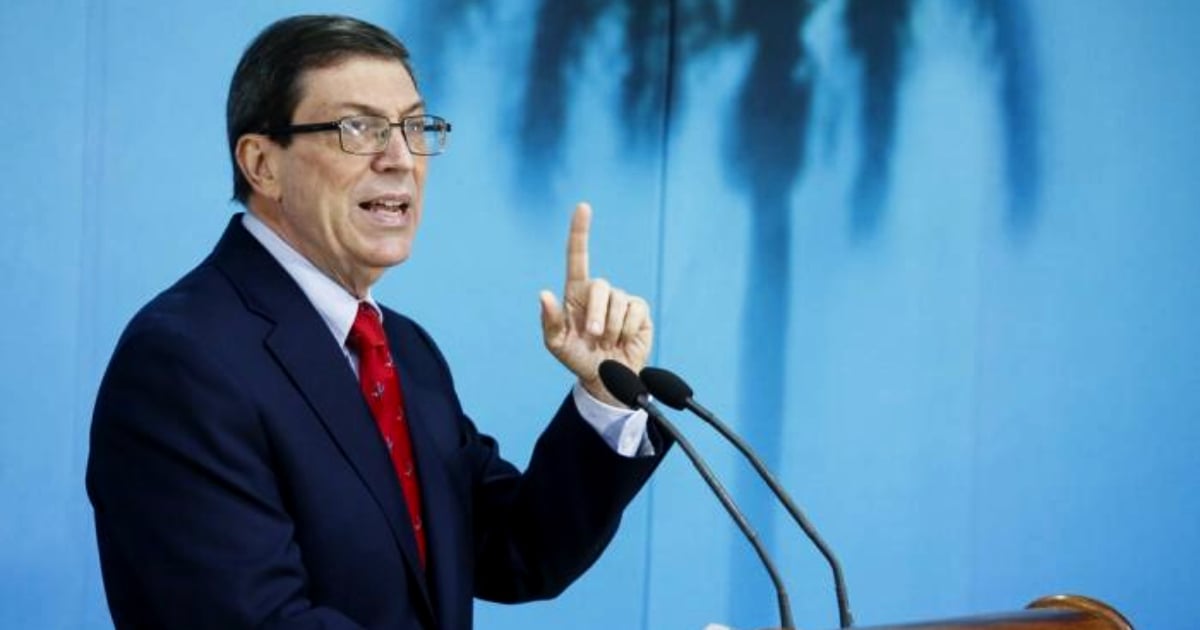
The Cuban regime, through its Ministry of Foreign Affairs, issued a statement strongly condemning the recent airstrikes by Israel in Lebanon and Syria, including bombings in areas adjacent to the Cuban diplomatic missions in Beirut and Damascus.
The statement condemns Israeli actions as a "flagrant violation of International Law and International Humanitarian Law."
The statement emphasizes its particular condemnation of the airstrike carried out on November 14 against the residential neighborhood of Mezzeh in Damascus, which houses United Nations offices and diplomatic missions, including the Cuban representation.
It also criticizes the daily bombings in the southern suburb of Beirut, near the Hazmieh area, where a Cuban diplomatic mission is also located.
The Cuban Foreign Ministry requested the Secretary-General of the UN and the Security Council to assume their "primary responsibility in maintaining international peace and security."
Furthermore, he urged the UN General Assembly to intensify efforts for an immediate ceasefire and to prevent further escalation of the conflict.
The Cuban government not only condemned the Israeli military operations but also reiterated its traditional narrative against Israel, labeling it as an "Occupying Power" that, with the backing of the United States, perpetrates a "genocide against the Palestinian people" and destabilizes the Middle East.
He accused Washington of providing military, political, and logistical support, encouraging a "dangerous escalation that jeopardizes regional and international stability."
In line with its foreign policy, the Cuban regime reaffirmed its solidarity with "aggrieved" nations and supported the establishment of an independent Palestinian state with borders as they were before 1967, and East Jerusalem as its capital. Furthermore, it urged for Palestine's admission as a full member of the UN.
This stance is not surprising, given the Cuban regime's historical support for groups like Hamas and Hezbollah, as well as its close alliance with Iran, the main sponsor of these actors in the region.
At the end of September, Cuban leader Miguel Díaz-Canel expressed his sorrow over the death of Hezbollah leader Hassan Nasrallah, which occurred following an Israeli airstrike in Beirut.
Likewise, at the end of July, Díaz-Canel expressed his condolences for the death of Hamas leader Ismail Haniyeh during an attack that took place in Tehran, where the notorious terrorist had traveled to attend the inauguration ceremony of the new Iranian president, Masoud Pezeshkian.
Cuba, which did not condemn the Hamas attacks of October 7, maintains a rhetoric that supports actors in conflict with Israel and the United States, regarded as strategic enemies.
The statement, filled with accusations against Israel, is part of a political strategy by the regime aimed at strengthening its alliances with countries and organizations opposed to Western influence in the Middle East, thereby consolidating its position in a polarized geopolitical landscape.
Filed under: